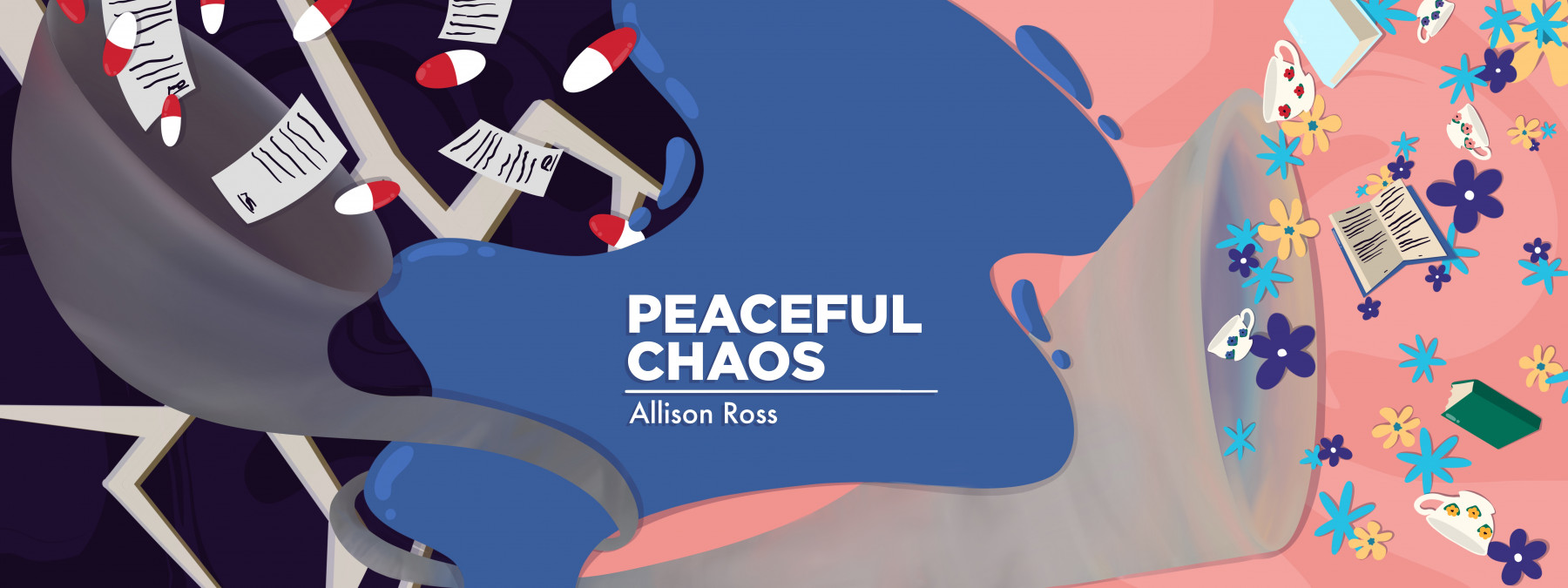What to Do When Someone Just Doesn’t Understand Vasculitis
3 ways I respond to misconceptions about my disease
Written by |

I’ll never forget an irritating incident in Colorado Springs, Colorado, a few years ago. I was touring for my nonprofit, Violin for Vasculitis (now on hiatus due to the complexities of COVID-19). For this project, I would give a public music recital, share the story of my vasculitis diagnosis, then host a Q&A.
A woman in the audience stood up and raised her hand, presumably to ask a question. She then used her time as a soapbox, encouraging everyone around her to eat organic food. The implication was that, had I adhered to this diet, I wouldn’t be sick.
I was beyond frustrated. While a healthy diet is an important part of managing illness, there’s no evidence that organic food can cure a condition like vasculitis. More importantly, this woman didn’t seem to understand that without pharmaceutical medicines, such as steroids and immunosuppressants, I wouldn’t be alive today. Sometimes patients don’t have the luxury of experimenting with our diet before we simply must take control of inflammation.
A few key phrases in particular tend to make an autoimmune patient’s spirits sink:
- “That happened to me once, too.”
- “I know exactly what you mean.”
- “Have you tried … ?” (It seems everyone has some sort of magical cure to “fix” me!)
There’s a rash of false validation that occurs when someone mistakes my life-threatening lung hemorrhage for their allergy symptoms. I have to remind myself that the people trying to empathize have good intentions. They want to connect, and often they’re trying to help.
It’s difficult to hear that a friend or loved one is ill, and the news leaves many at a loss for words. It’s not anyone’s fault if they don’t grasp the difference between an autoimmune purpura and some dry skin, or understand that my lab results aren’t routine cholesterol readings, but instead gauge ANCA and protein levels to reassure my doctor that my autoimmune condition remains stable.
In these conversations, I must decide between several options.
Option No. 1: I can gently correct them and redirect their thinking. If it’s a common misperception, it might only take a minute — or even a few seconds — to align their understanding of vasculitis with my reality. The trick, of course, is doing it kindly and without sounding like a know-it-all. This takes some social nuance that only comes with time and experience.
Option No. 2: I can ignore it altogether, in favor of choosing my battles. Sometimes I simply don’t have the spoons, or energy levels, to correct someone in the middle of a conversation. Or maybe it’s not the right time, for one reason or another. Again, this takes some perceptive work on my part to ensure it’s the right time and place to let misinformation slide.
Option No. 3: This requires more energy but sometimes is worth pursuing. If a friend is really off the mark and I care about them understanding my condition and me, I’ll schedule a time to sit down with them and have a meaningful discussion.
“I want you to know that I like and respect you and am worried that you don’t quite grasp what it is I struggle with. Can we talk about it?” Caring remarks like this show my friend that the subject matter is serious, without insulting them or their intelligence.
As for the woman in Colorado Springs? As I said before, I was very frustrated with her diatribe. But I simply responded, “Thank you for your words. I adhere to a healthy diet and encourage others to do the same.” The other audience members were free to form their own opinions. I moved on with questions, and the program wrapped up smoothly.
Sometimes it’s better to avoid conflict when I know it’s a losing battle. But that’s a choice I make on a case-by-case basis. There are plenty of times when I engage with someone and it results in better education and connection for both of us.
With the right combination of patience and positivity, we can gently guide others toward a better understanding of our illness — or at least not let it bother us when they don’t quite hear the truth.
Note: ANCA Vasculitis News is strictly a news and information website about the disease. It does not provide medical advice, diagnosis, or treatment. This content is not intended to be a substitute for professional medical advice, diagnosis, or treatment. Always seek the advice of your physician or other qualified health provider with any questions you may have regarding a medical condition. Never disregard professional medical advice or delay in seeking it because of something you have read on this website. The opinions expressed in this column are not those of ANCA Vasculitis News or its parent company, Bionews, and are intended to spark discussion about issues pertaining to ANCA vasculitis.







Leave a comment
Fill in the required fields to post. Your email address will not be published.